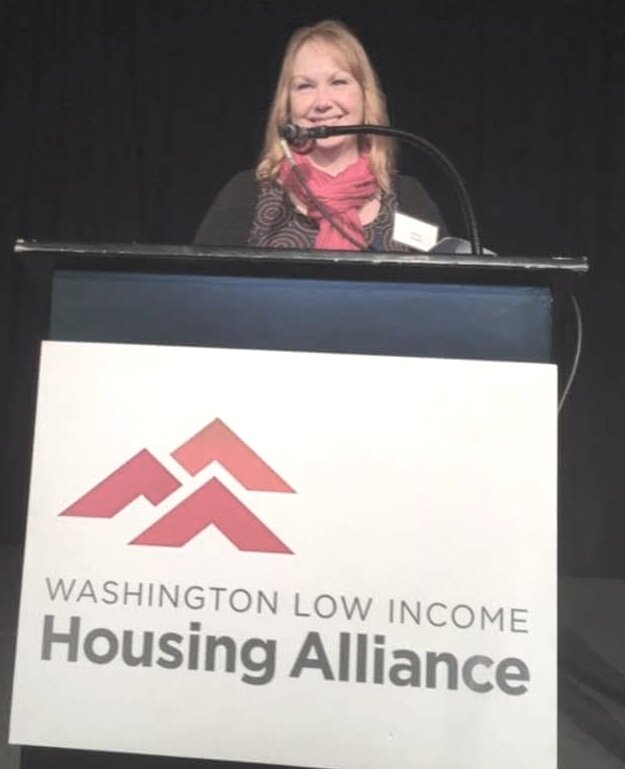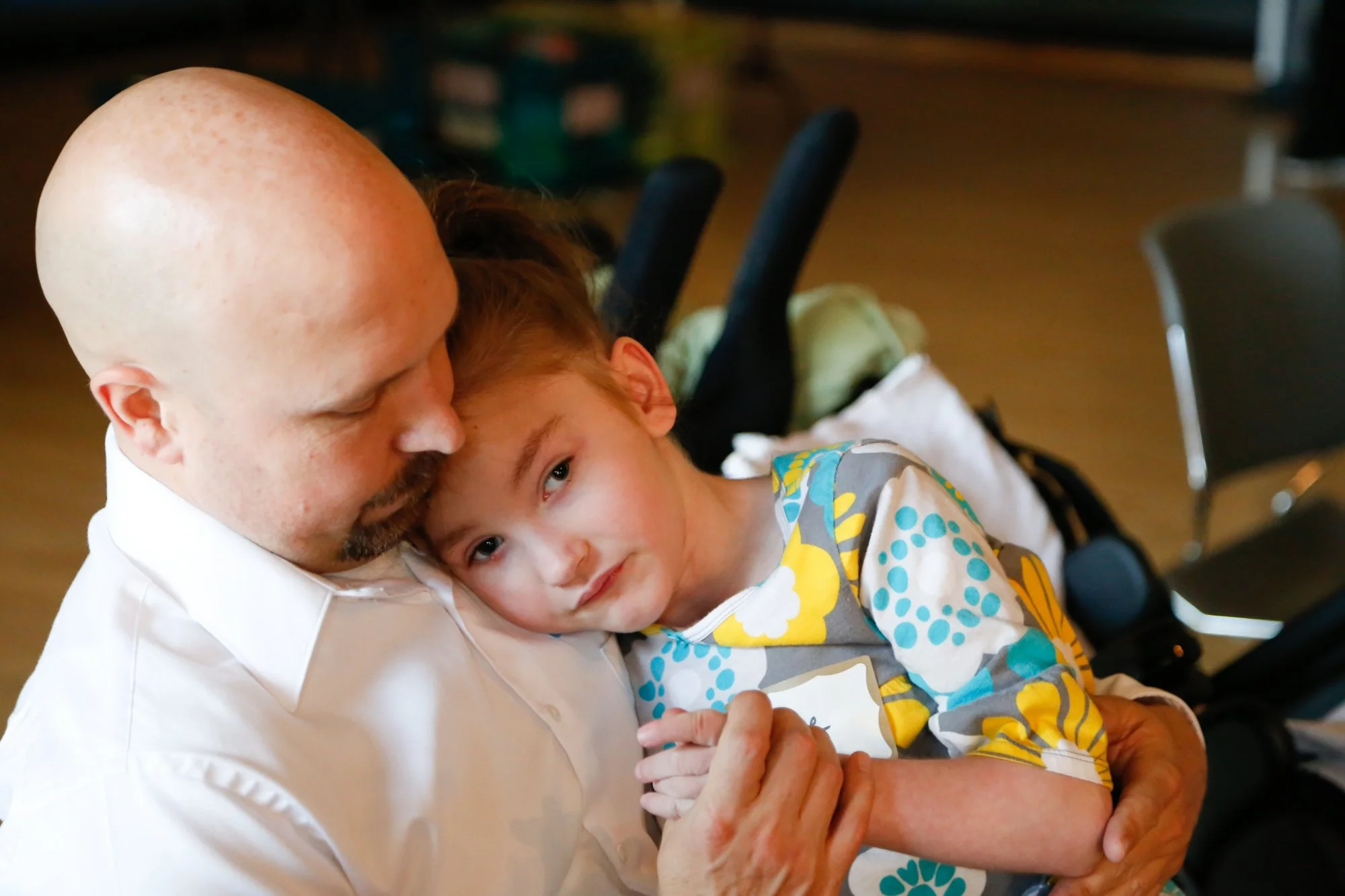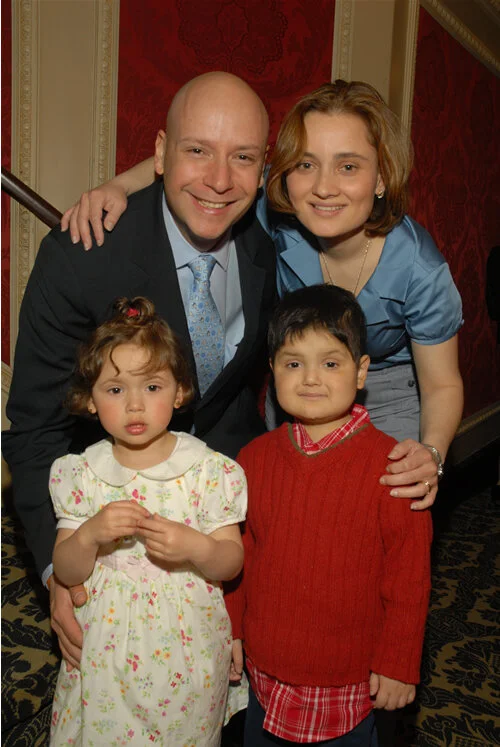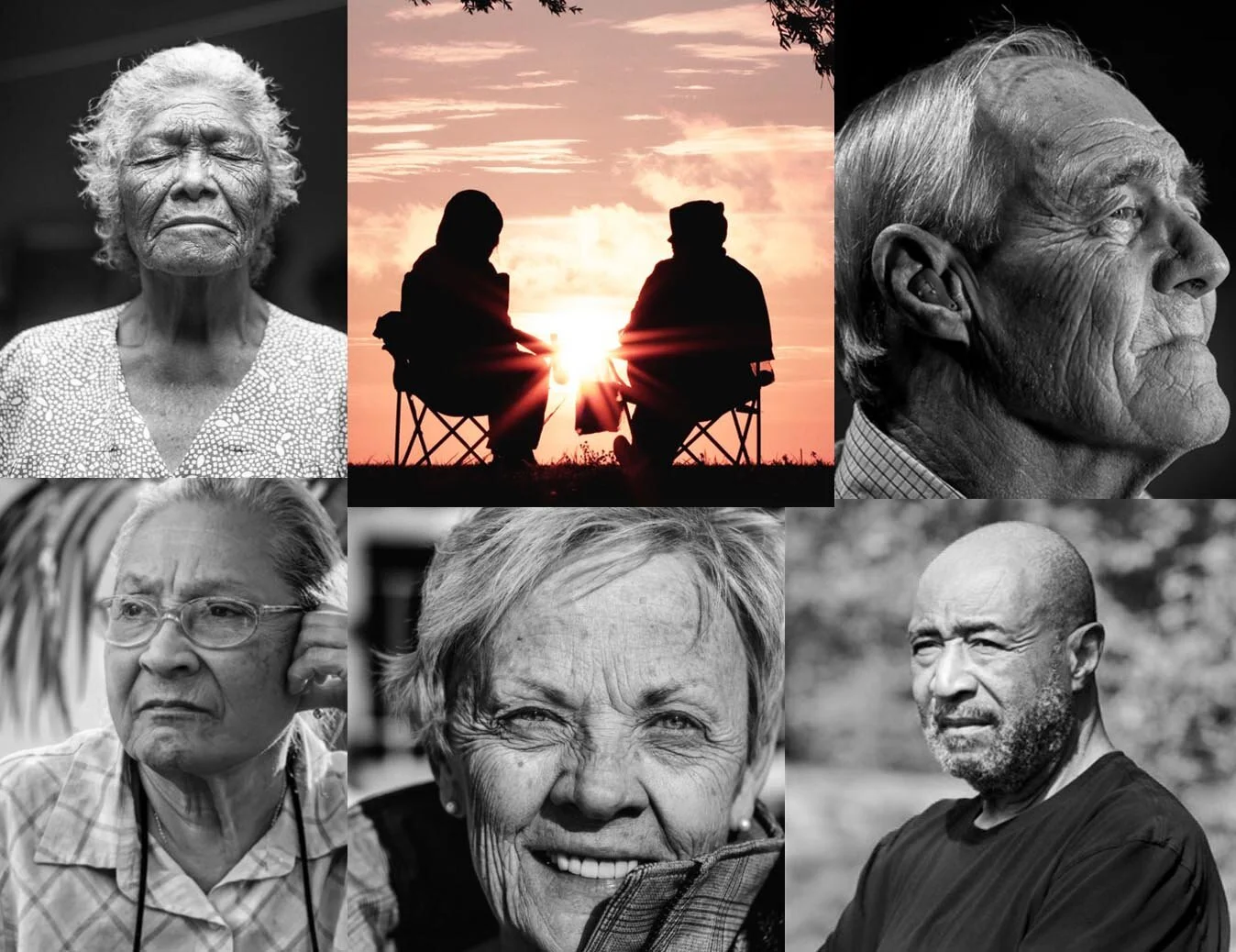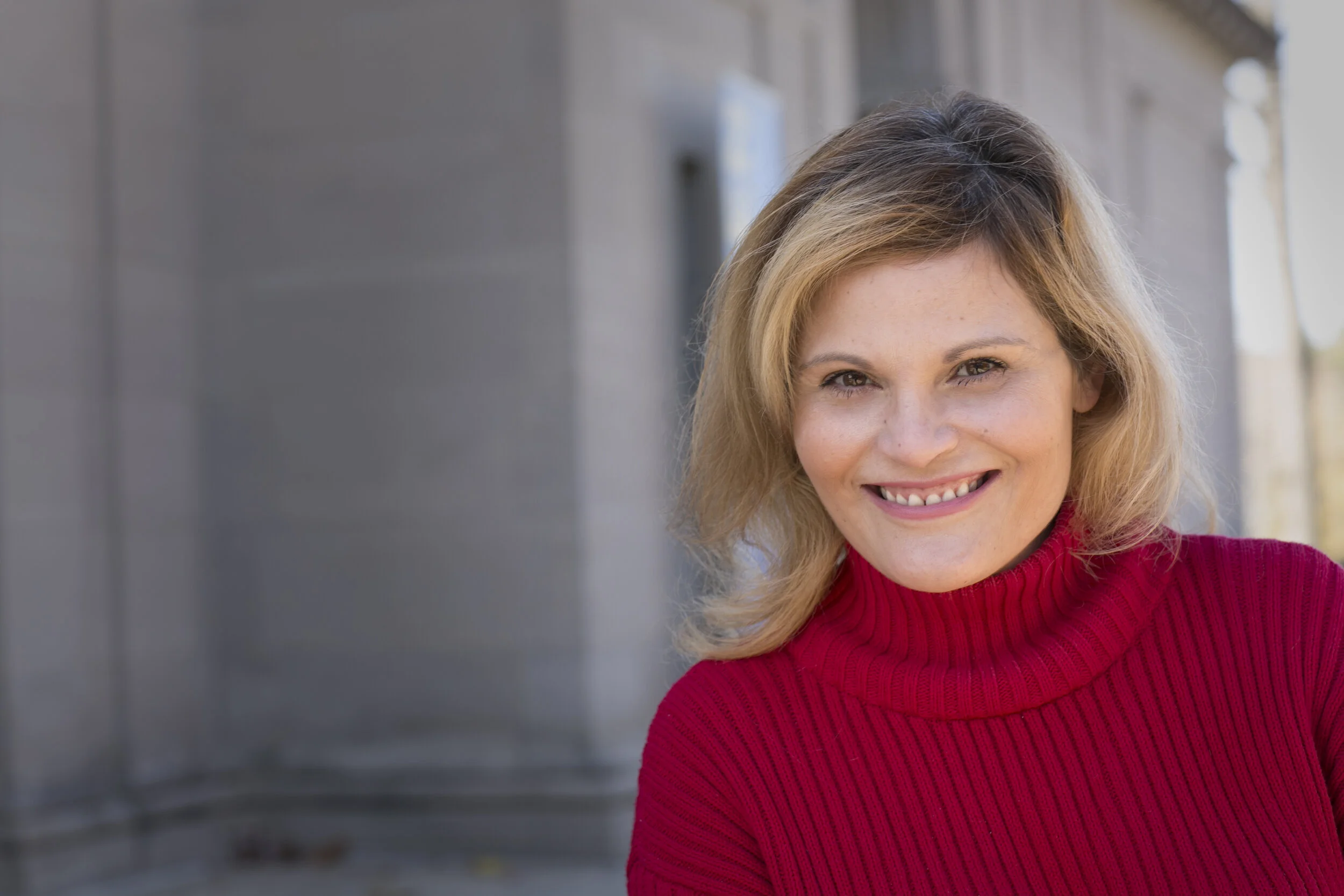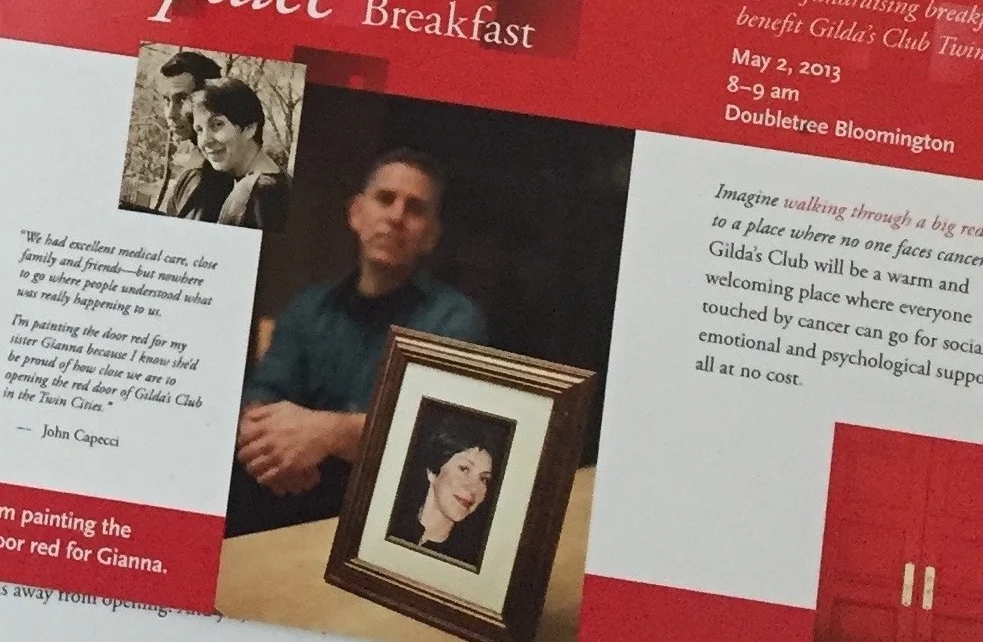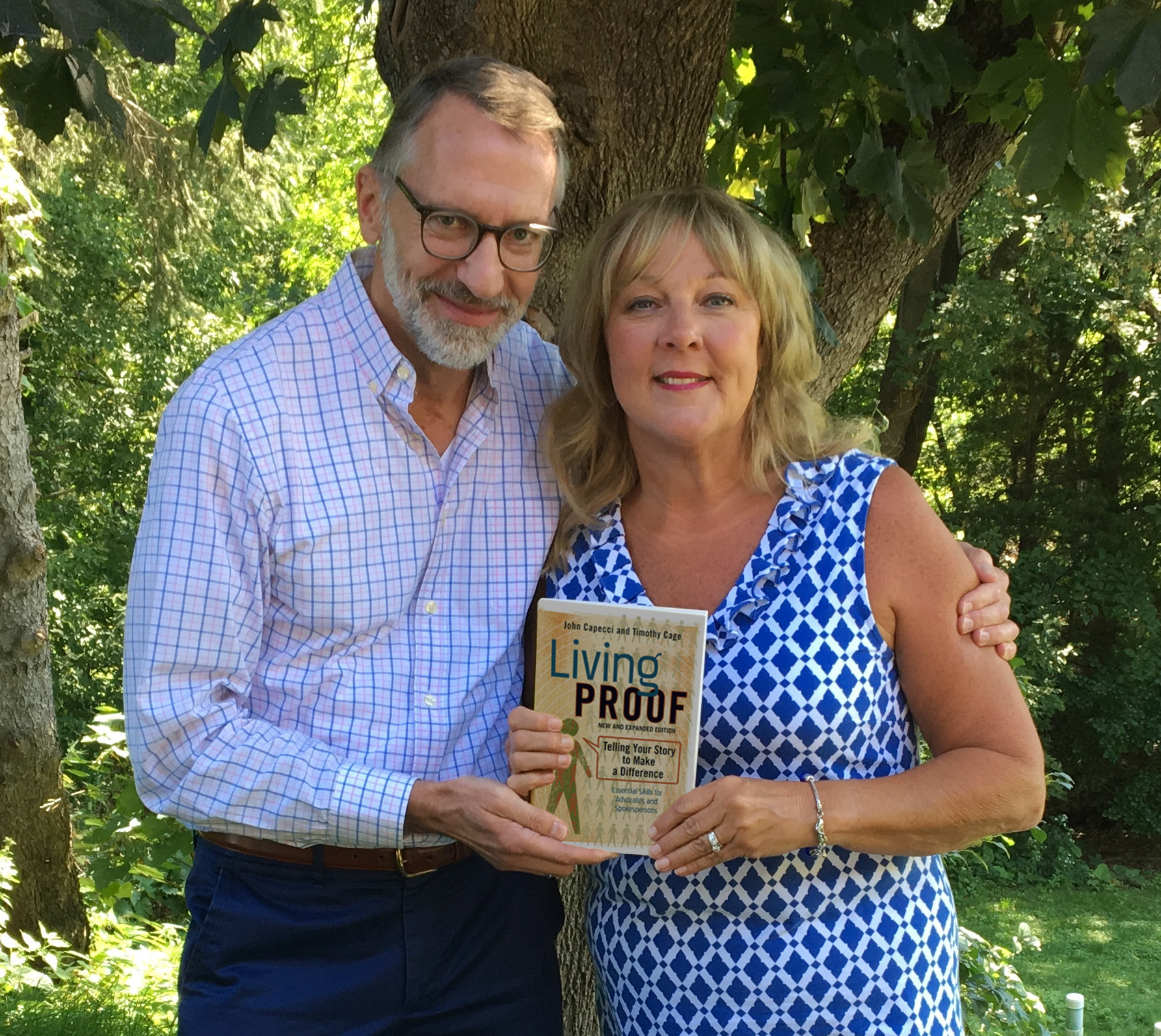In the US, more than half a million individuals are homeless on a typical night. And as the temperatures drop and the days shorten, the need for housing shelters and food assistance increases.
November 16-24 is Hunger and Homelessness Awareness Week, an opportunity to reflect on what we all can do to help improve lives in our communities. Here are two Living Proof advocates who are doing just that.
Sharing Lived Experiences to Make a Difference
Located in Washington state, Mindy Woods is a Gulf War veteran, a single mother and an advocate for affordable housing. She tells her stories of experiencing homelessness in hopes of saving shelters from major cuts in funding. Though first keeping her homelessness a secret—ashamed, embarrassed and fearful of how others would react—Mindy eventually decided to speak out to improve resources, funding and affordability for others experiencing homelessness. For Mindy, being an advocate with her story means “helping people understand how prevalent homelessness is. And that we need to come together as a community.”
On the opposite coast, in New Jersey, Brian Kulas’ advocacy addresses the complex intersection of issues often experienced by people who are homeless: funding of affordable housing, addressing mental health issues, access to rental subsidies and more. Brian is a recent graduate of the Garden State Leaders Program and he uses his knowledge and experiences to advocate for underserved residents at the New Jersey Coalition to End Homelessness.
The Power of Focusing and Crafting Advocacy Stories
How do Mindy and Brian apply the best practices of advocacy storytelling when they speak? Mindy says staying focused on her goal helps her navigate emotions:
“I still choke up talking about this. It’s extremely painful to be a parent and feel that I have failed in the ability to keep a safe roof over my son’s head. So, when I tell my story, I now accept that sometimes it’s going to be emotionally raw . . . and that’s okay. I take a deep breath and focus on the higher good that can come out of this.”
While preparing to speak at a press conference advocating for increased access to the Supplemental Nutrition Assistance Program (SNAP), Brian told us he learned the importance of finding a hook and getting the audience’s attention. After the press conference, Brian went home to watch the video of himself and soon realized even though he had spoken for three to four minutes, they had only chosen to highlight one sentence: “If I did not receive food stamps, my refrigerator would echo.” Brian says:
“That was the first time I realized that there are certain things that stick and others that don’t. I still use ‘My refrigerator would echo’ when I speak on the issue because it seems to really strike home with a lot of people—rather than just saying, ‘We need more funding for SNAP benefits.’”
Brian and Mindy demonstrate that focus, honest emotion and crafted language are key to effective, well-told advocacy stories—and we thank them for sharing their stories and insights with us.
Read more of Mindy and Brian’s stories and their important work in the new edition of Living Proof: Telling Your Story to Make a Difference.
ABOUT LIVING PROOF ADVOCATES
Living Proof Advocates is a series on the Story+Advocacy blog highlighting the work of advocates who are sharing their personal stories to create change and make a difference in the lives of others.
